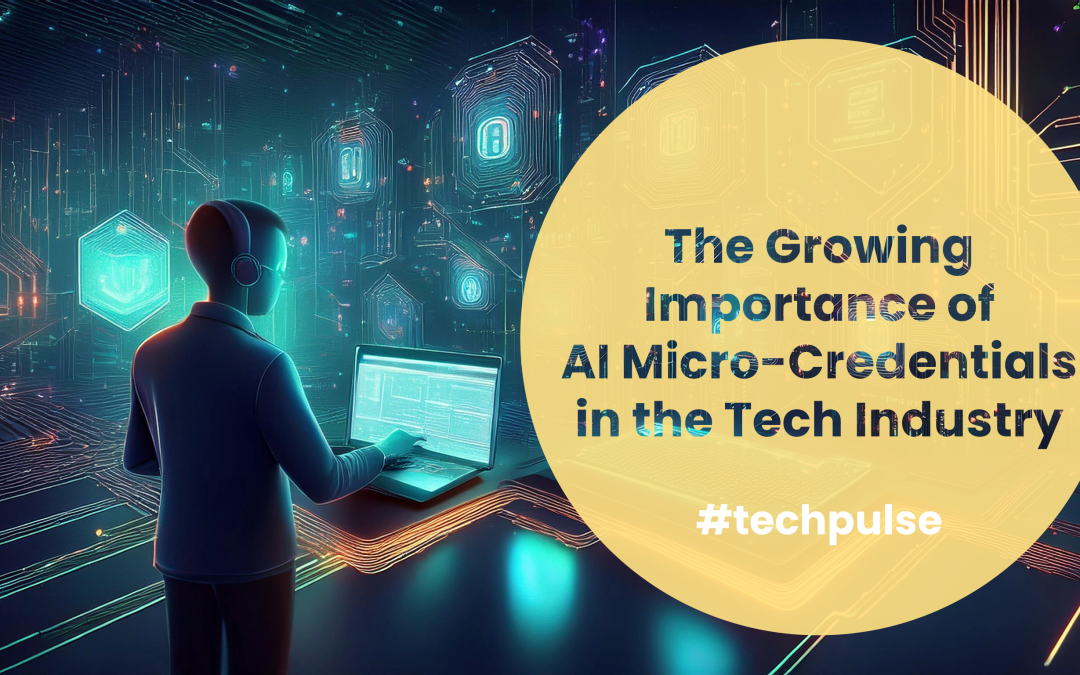The rapid advancement of technology has created a demand for specialized skills that can keep pace with innovation. One of the most effective ways for professionals to stay competitive in the tech industry is by earning micro-credentials in AI. These bite-sized qualifications are becoming increasingly popular as they offer focused learning opportunities that are both accessible and relevant to the ever-evolving demands of the tech landscape. In this article, we’ll explore the importance of AI micro-credentials, their benefits, and how you can get started on your journey to upskilling.
What Are AI Micro-Credentials?
AI micro-credentials are specialized certifications that focus on specific skills or knowledge areas within the broader field of Artificial Intelligence. Unlike traditional degrees, which can take years, micro-credentials are designed to be completed in a much shorter time frame, often within weeks or months.
These credentials are particularly valuable for professionals who want to stay current with AI technologies and methodologies. They offer targeted learning experiences that can be immediately applied in the workplace, making them a practical choice for busy professionals.
Advantages of AI Micro-Credentials
The benefits of earning AI micro-credentials are numerous. First and foremost, they provide professionals with a way to quickly upskill and stay relevant in a fast-changing industry. This is particularly important in AI, where new developments and applications are emerging all the time.
Micro-credentials also offer flexibility. Many programs are available online and can be completed at your own pace, making it easier to balance learning with other professional and personal responsibilities. Additionally, AI micro-credentials are often more affordable than traditional degree programs.
Here are some example links for AI micro-credentials that professionals can pursue:
- IBM AI Engineering Professional Certificate
- This Coursera program, offered by IBM, is designed for individuals looking to gain hands-on experience in AI engineering, including machine learning, deep learning, and neural networks.
- Microsoft Azure AI Fundamentals
- This certification, available through Microsoft’s learning platform, provides a foundational understanding of AI and its applications using Microsoft Azure services.
- AI for Everyone by Andrew Ng
- This is a beginner-friendly course on Coursera that introduces the basics of AI, helping professionals from non-technical backgrounds understand the potential of AI in business.
- Udacity’s AI Programming with Python Nanodegree
- This Nanodegree program offered by Udacity covers essential AI programming skills using Python, including working with NumPy, Pandas, and Matplotlib.
- Google Cloud Machine Learning Engineer Professional Certificate
- This professional certificate, provided by Google Cloud on Coursera, focuses on the development of machine learning models and their deployment on the Google Cloud Platform.
